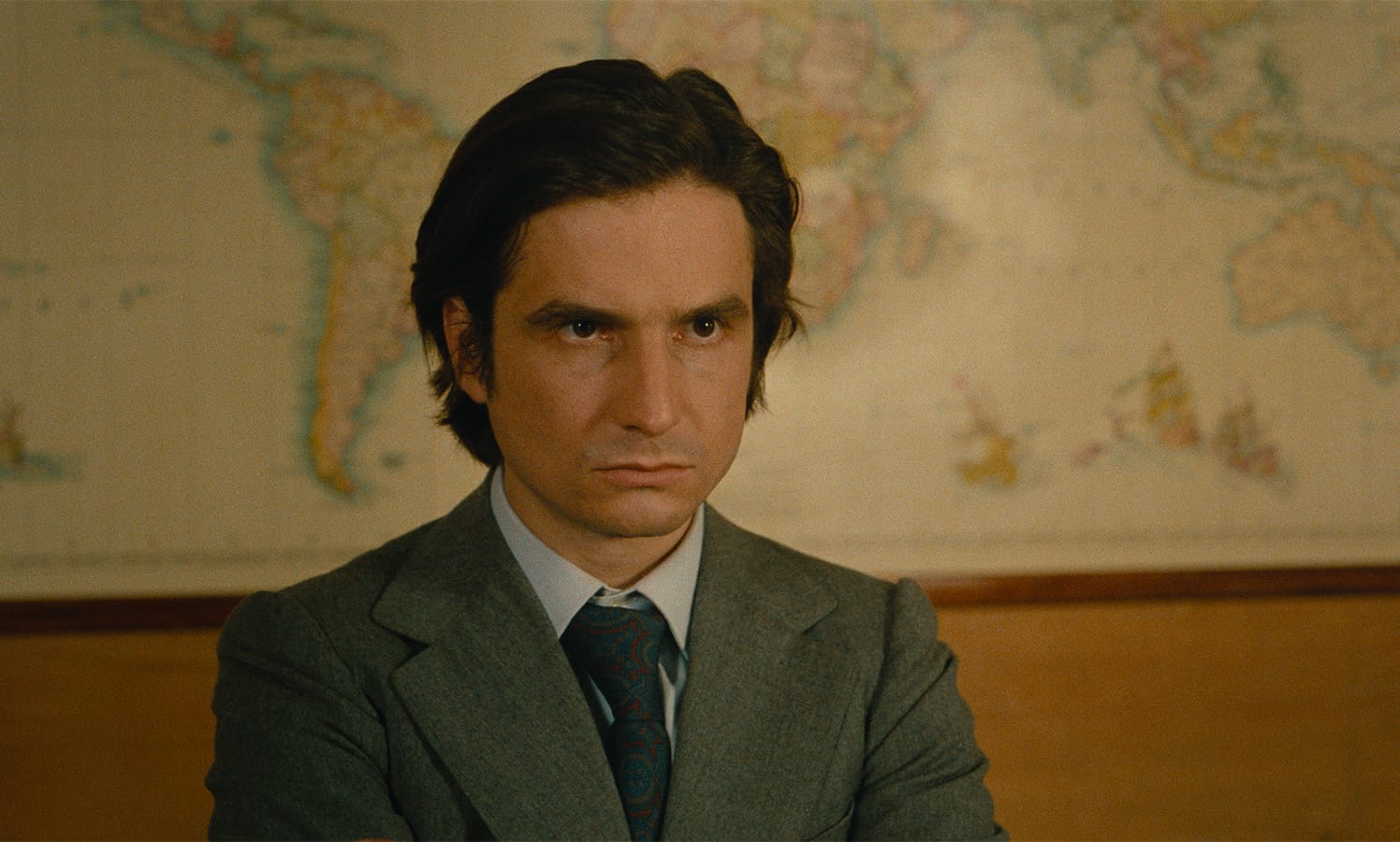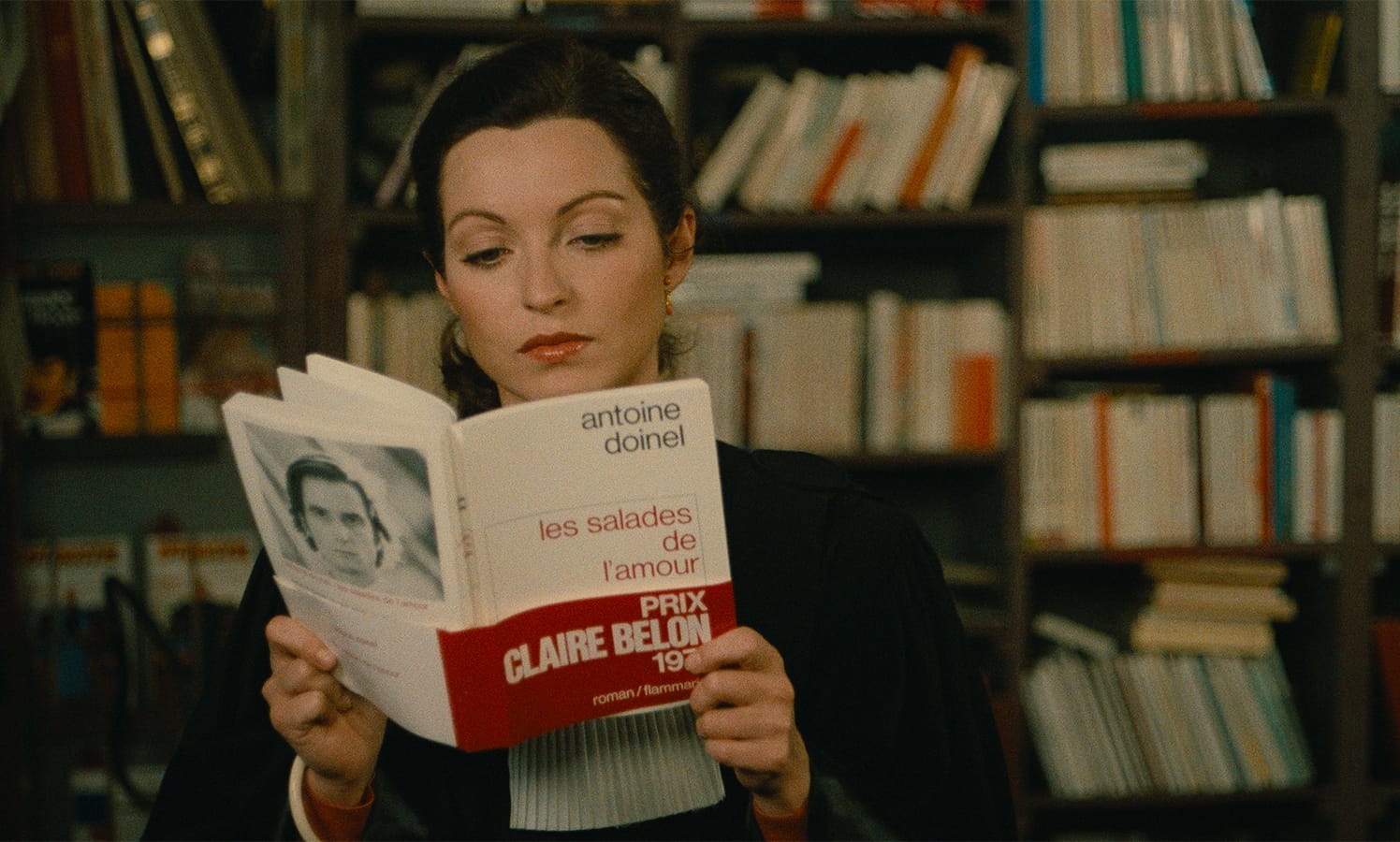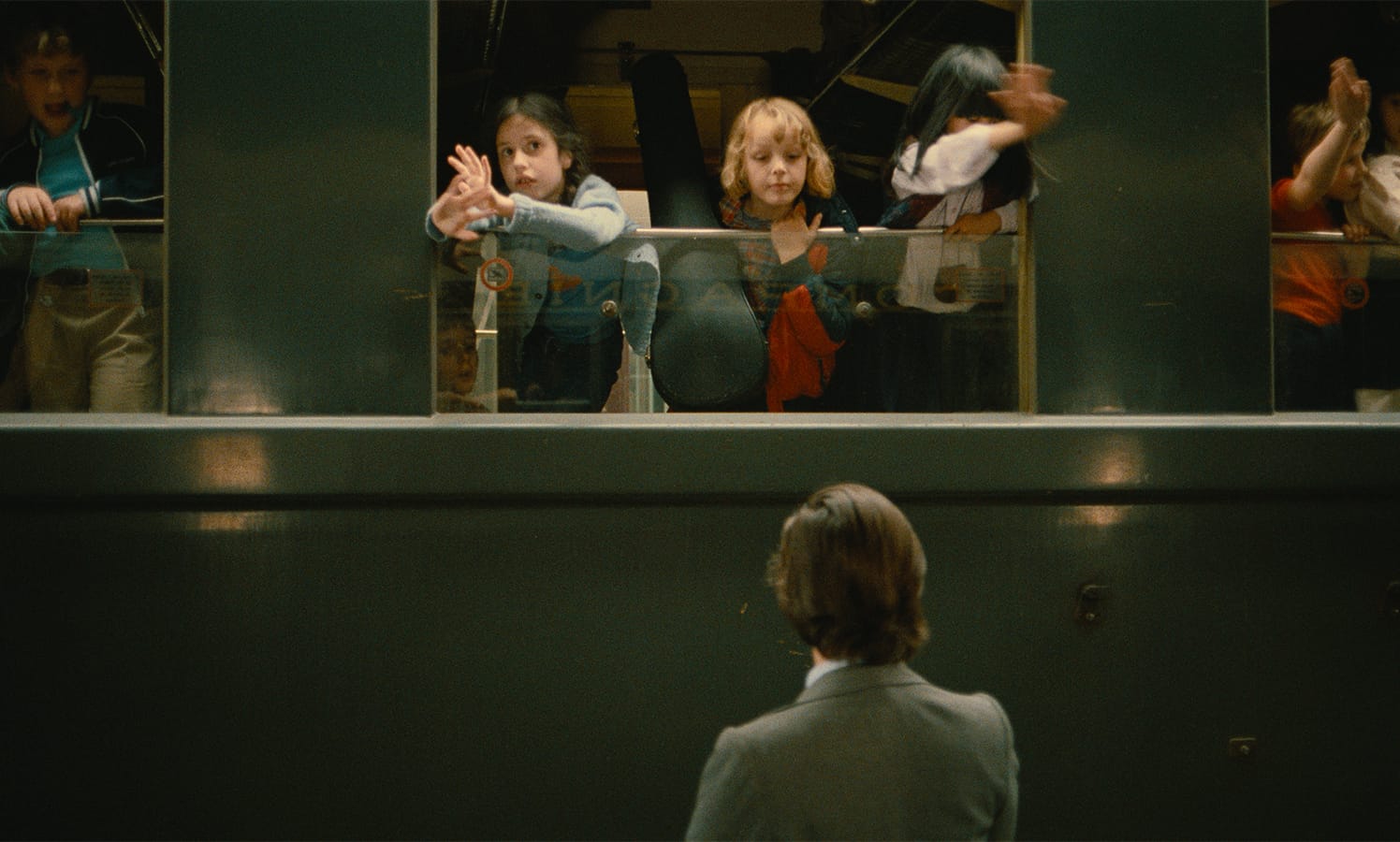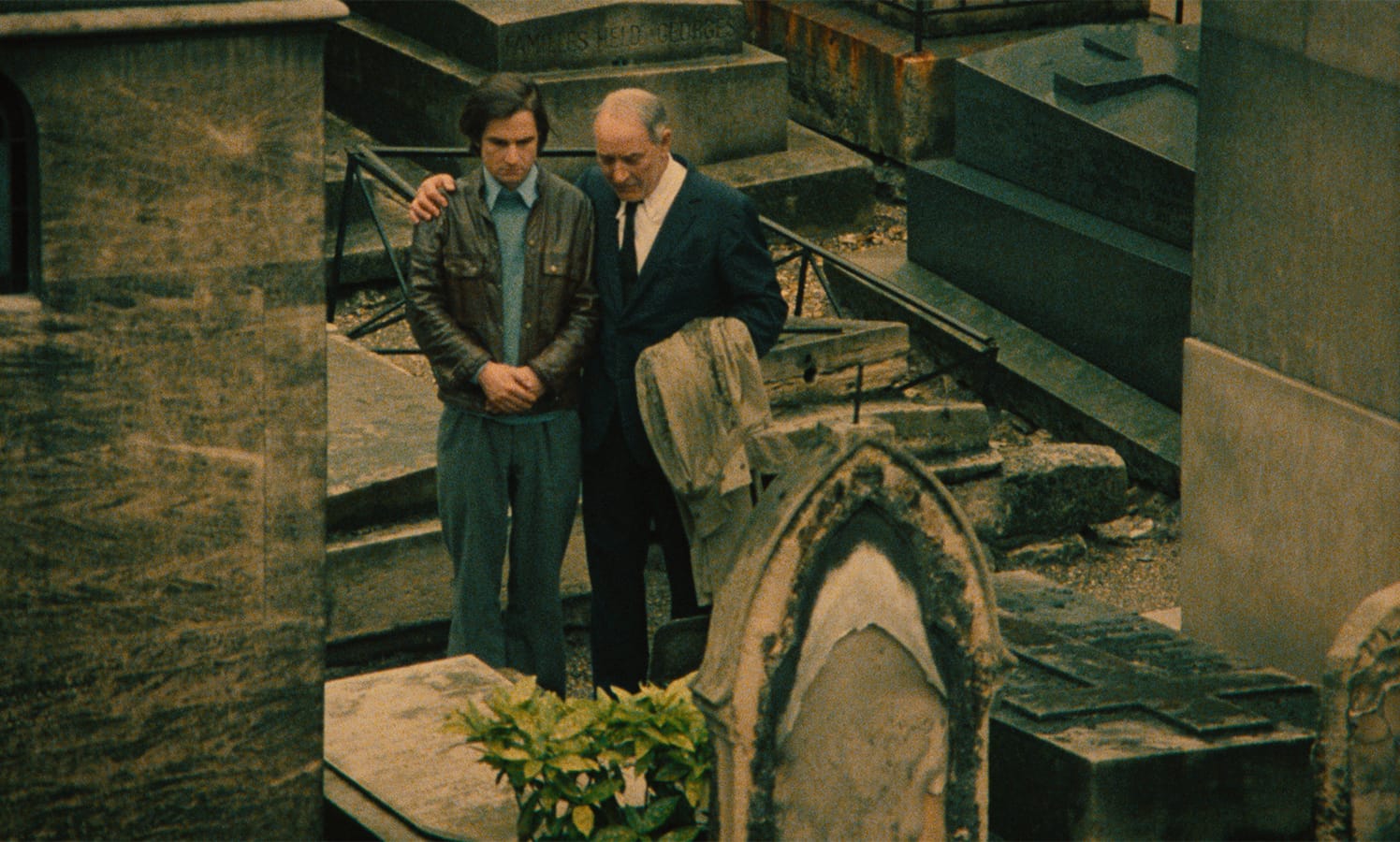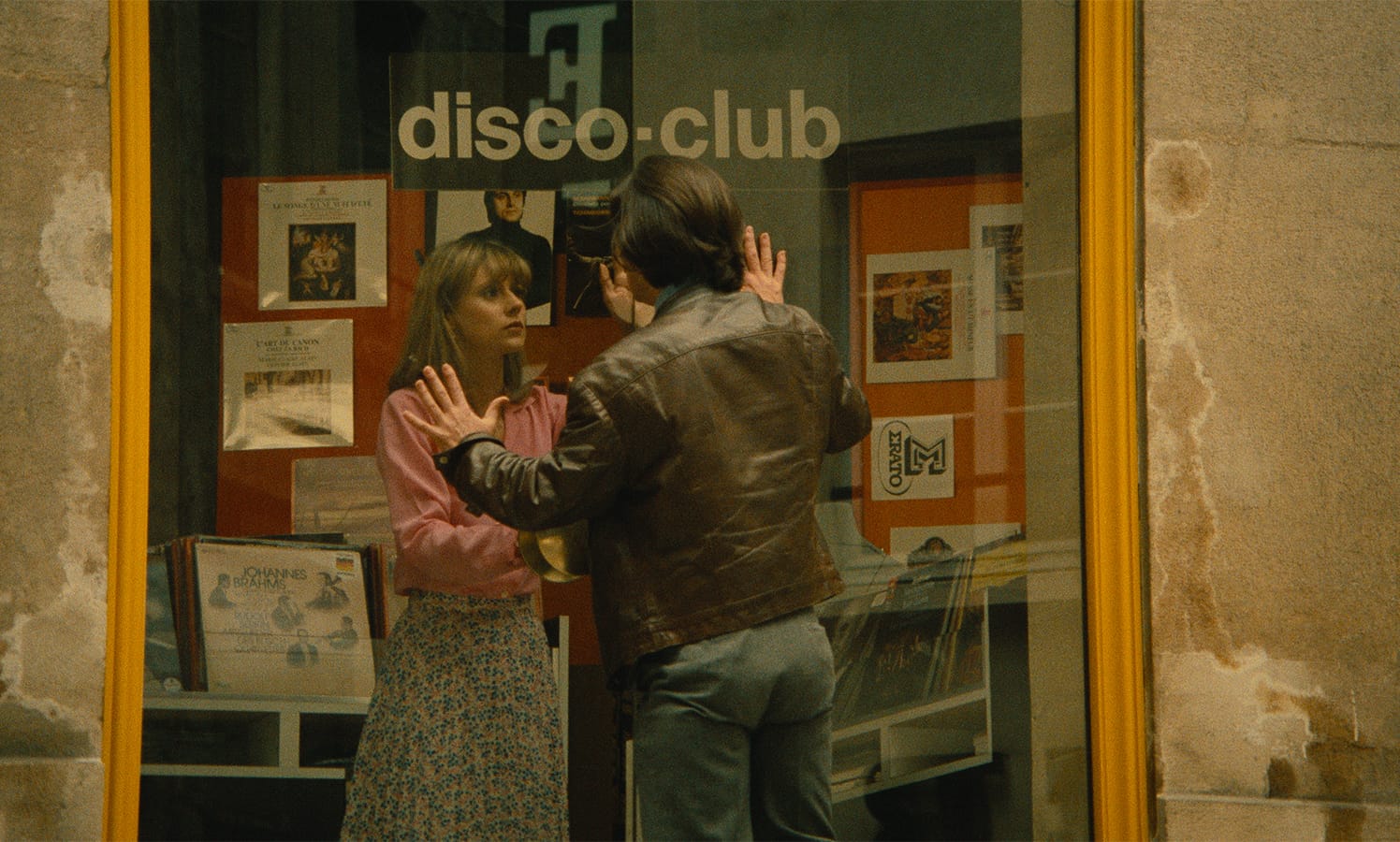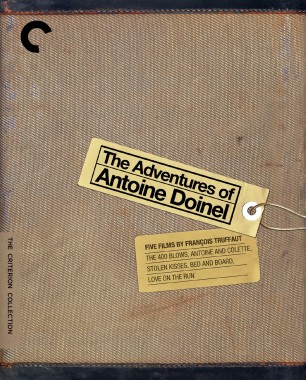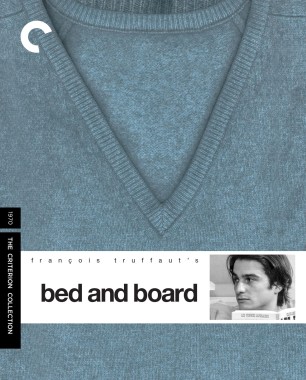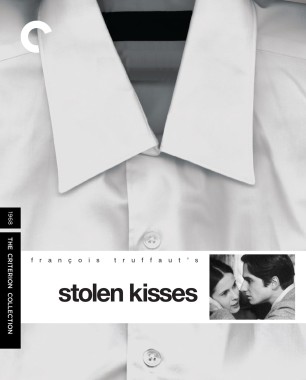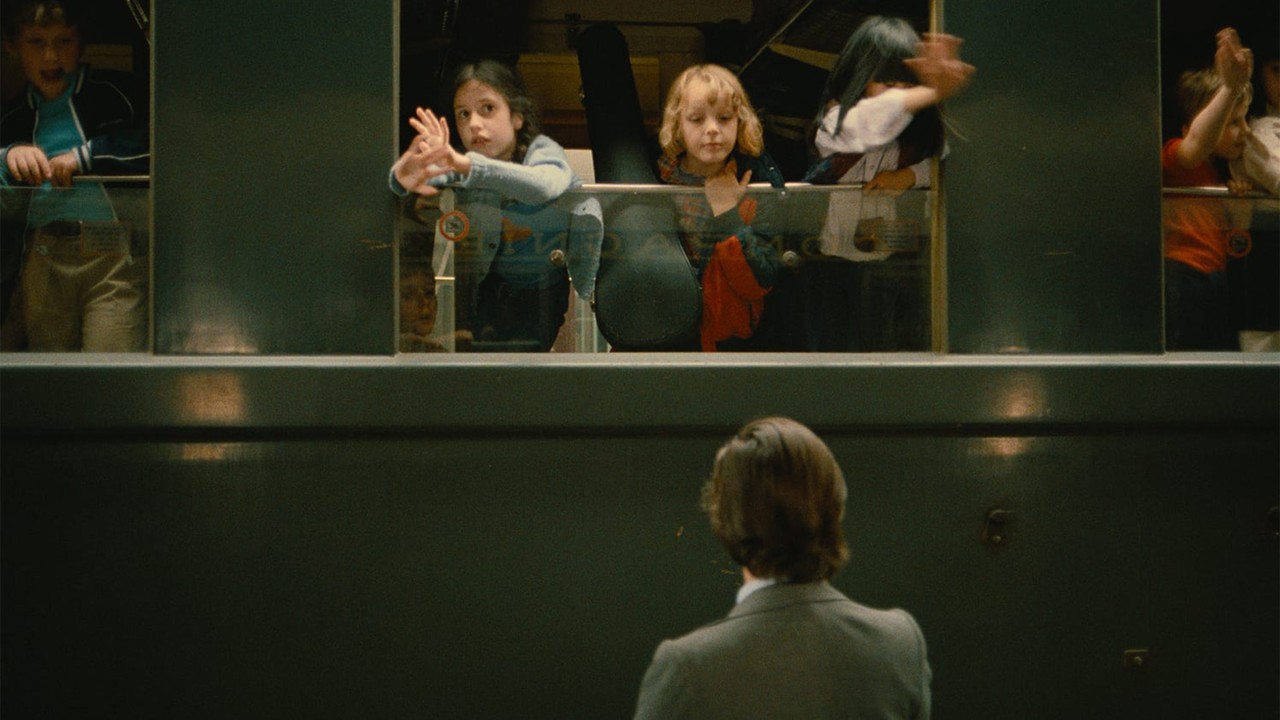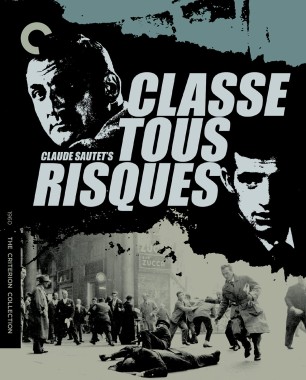Love on the Run
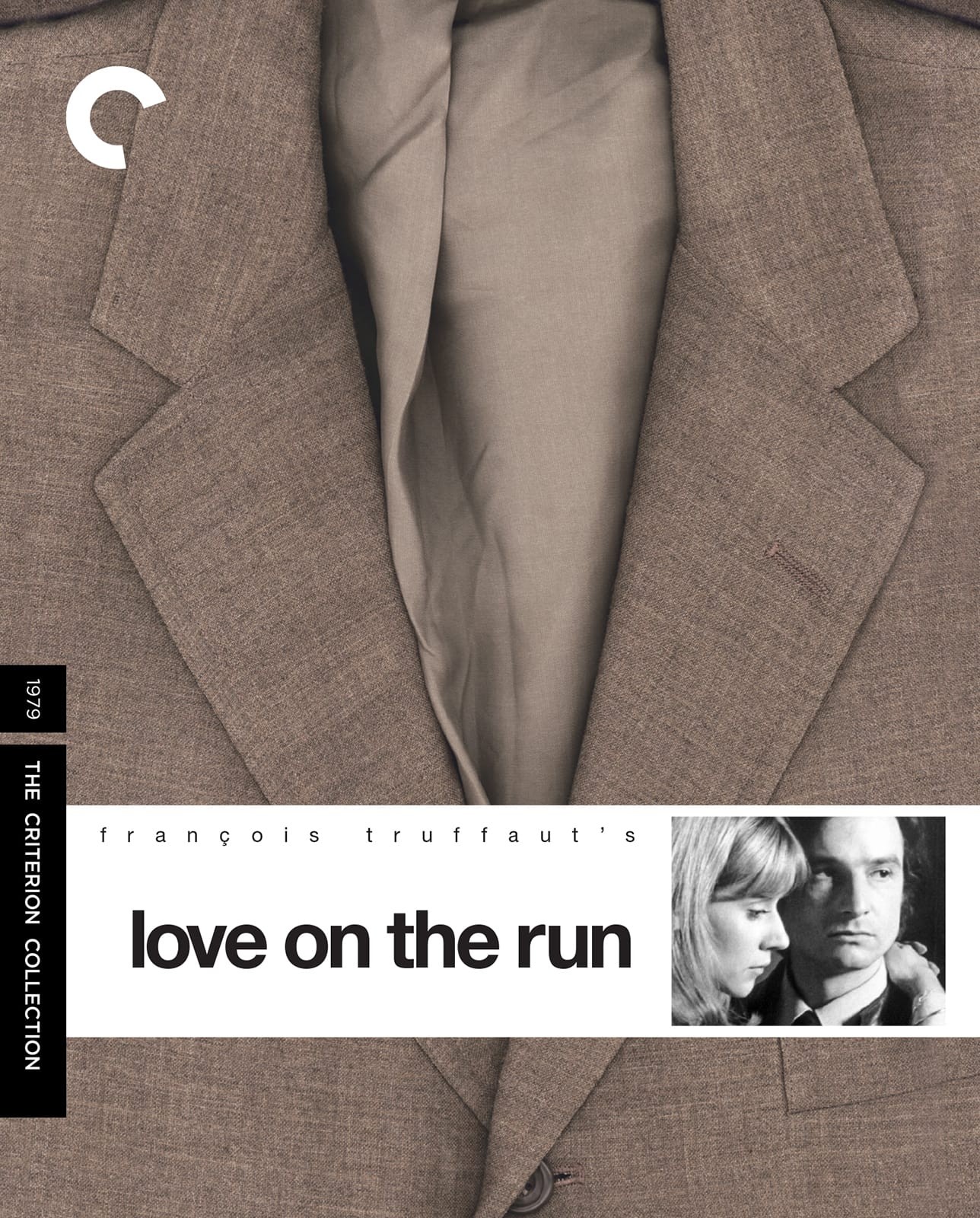
Antoine Doinel strikes again! In the final chapter of François Truffaut’s saga, we find Doinel (Jean-Pierre Léaud), now in his thirties, convivially concluding his marriage, enjoying moderate success as a novelist, and clinging to his romantic fantasies. The newly single Doinel finds an object of his affections in Sabine, a record-store salesgirl whom he pursues with the fervid belief that without love, one is nothing. Along the way, he renews his acquaintance with previous loves and confronts his own chaotic past. In Love on the Run, Antoine Doinel is still in love, and because he’s still in love, he’s still alive.
Available In

Cast
- Jean-Pierre Léaud
- Antoine Doinel
- Marie-France Pisier
- Colette
- Claude Jade
- Christine
- Dani
- Liliane
- Julien Bertheau
- Monsieur Lucien
- Rosy Varte
- Colette's mother
- Daniel Mesguich
- Xavier
- Dorothée
- Sabine
Credits
- Director
- François Truffaut
- Screenplay
- François Truffaut
- Screenplay
- Marie-France Pisier
- Screenplay
- Jean Aurel
- Screenplay
- Suzanne Schiffman
- Photography
- Nestor Almendros
- Photography
- Florent Bazin
- Photography
- Emilia Pakull-Latorre
- Music
- Georges Delerue
- Editor
- Martine Barraqué
- Editor
- Jean Gargonne
- Editor
- Corinne Lapassade
- Art direction
- Jean-Pierre Kohut-Svelko
- Art direction
- Pierre Gompertz
- Art direction
- Jean-Louis Povéda
- Sound
- Michel Laurent
- Assistant director
- Suzanne Schiffman
- Costumes
- Monique Dury
A scene from Love on the Run
